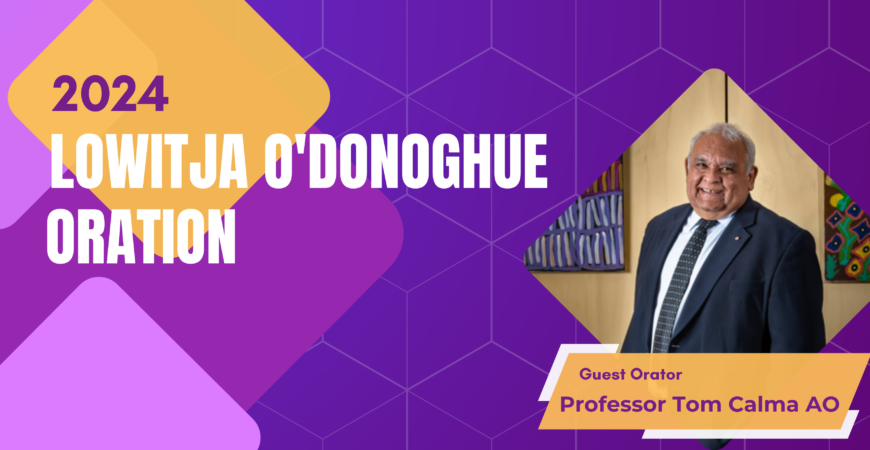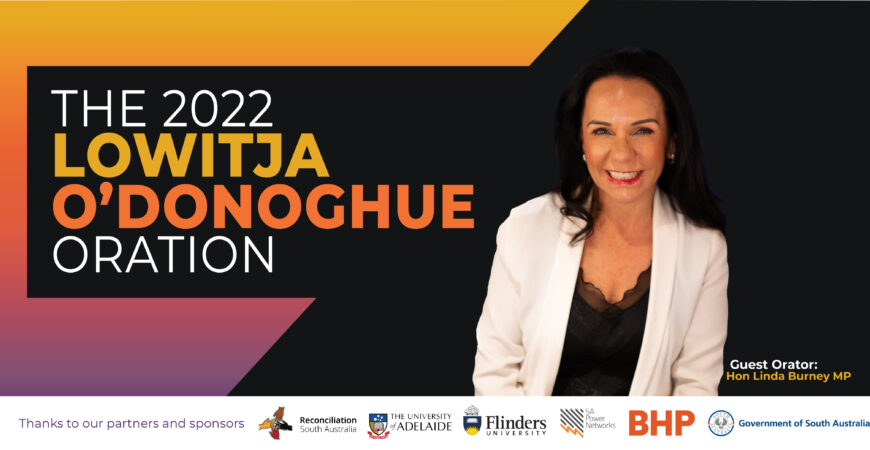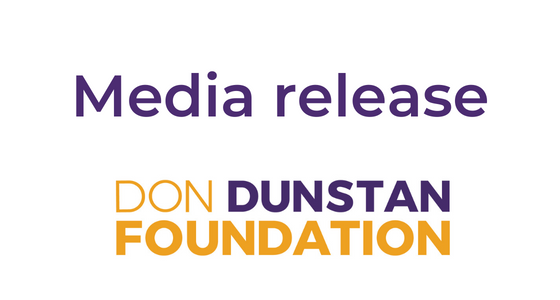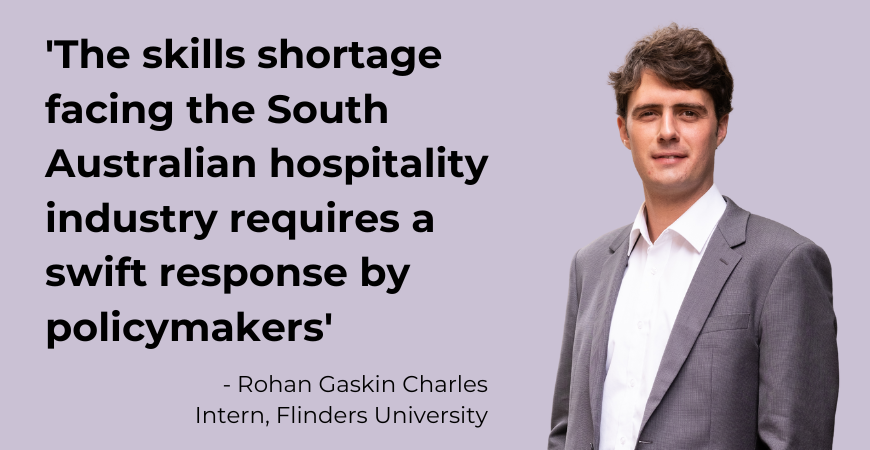A new phase for the Adelaide Zero Project
The Don Dunstan Foundation transitioned the Adelaide Zero Project backbone function towards a new community-led structure from the end of 2020, in preparation for the State Government’s homelessness reforms.
After initiating the nation-leading Adelaide Zero Project (AZP) and playing a vital role in highlighting the issue of homelessness in our community, the Foundation’s ongoing work in the program has helped to embed significant innovation in the homelessness sector.
Through DDF’s leadership role as a non-service delivery, backbone organisation, it has helped to embed collaboration, skills and capacity within Adelaide Zero Project partner organisations which are now well-equipped to continue to deliver the core mechanisms of the Adelaide Zero Project.
After the Foundation’s work promoting and demonstrating collective impact in bringing together project partners, and now with the South Australian Government adopting new reforms to address homelessness in the State, it is timely for AZP partners and the homelessness sector to adopt and embed learnings from the project.
“We are pleased to see the SA Government embrace elements of the recommendations from DDF’s Thinker in Residence, Dr Nonie Brennan, including a Housing First approach across the state-wide homelessness reforms,” said Chair of the Don Dunstan Foundation, Dr Jane Lomax-Smith.
“We recognise there are opportunities for AZP to evolve as a result of the sector’s upcoming reforms and we feel it is a timely, natural progression for DDF to transition out of the backbone role, to enable partner organisations and the broader sector to embed experience from the AZP in a sustainable way as part of a new Alliance model. We are confident these core mechanisms will still enable homelessness in Adelaide to continue to move towards reaching ‘Functional Zero’,” she said.
“The Foundation acknowledges the sector for helping to make homelessness an agreed community and social priority. The way that service providers, Government and non-profits have put aside their own interests to focus on the greater good, highlights the determination and good will of the sector, despite any challenges that might continue to exist in the broader system,” Dr Lomax-Smith says.
The Don Dunstan Foundation worked with Adelaide Zero Project partners to ensure the project’s core mechanisms such as the By-Name List, Data Dashboard, Inner City Community of Practice and Project Steering Group continued during the reforms.
The Foundation also produced a blueprint report on the collective impact, alliance-based Adelaide Zero Project to continue to inform the new SA Government homelessness reforms.
Although 495 people were housed across the project’s lifetime, there were 198 people actively homeless in Adelaide’s inner city, including 107 people sleeping rough.






